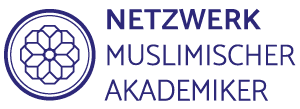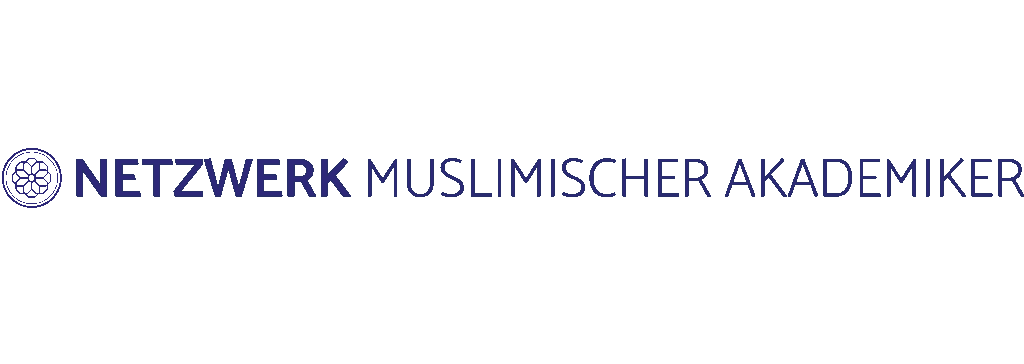
The crisis in perpetuity. What can our democracy withstand?
While some praise the progress of democracy, others lament the pathological state democracy is in today. In February 2022 our reading circle focused on democracy not as a static construct, but as a system that is subject to change due to social change and surrounded by crises. The essay “New Crises. Science, Moralization, and Democracy in the 21st Century “1 by Wolfgang Merkel provided us with an initial foundation which we used as a base in the reading circle.
Merkel assumes the genesis of “new crises”. This genesis was triggered by the interaction of three external factors: the migration crisis, the climate crisis and the Covid 19 pandemic. In the process, new characteristics had emerged due to the lack of democracy-appropriate (here’s what’s missing) responses to contemporary challenges: Scientification, moralization and polarization. Indeed, Merkel argues that regarding the problem-solving of modern crises such as the climate crisis, there is an increasing need for scientific evidence-based advice to policymakers. However, she said, this is now being hindered, leading to a new kind of problem. “This is precisely where policy needs particularly broad and pluralistic access from scientists and scientific disciplines. If this access is strategically narrowed for political reasons, the scientification of politics leads to the politicization of science. “2
In the course of a lively discussion about Merkel’s position and the indispensable role of science in today’s political process, we in the reading circle were able to note another change. Not only democracy is changing, but also the way of doing politics. If religion or ideology used to be a meaningful, political basis of legitimacy, these are now replaced by science. “The way politics is done has changed. The return to science as a basis for political legitimacy is not a new phenomenon. In the past, religions or ideologies, for example, held these functions. In this case, science is complementarily substitutable.” 3
Science, which has become indispensable in the political process and functions as a basis for political legitimacy, was made the subject of consideration at our second meeting in March. (Consequently,) At a second meeting of our reading circle the insights of the first discussion were deepened, where the role of science in the political process was critically examined. “Political Epistimization “4 is the title of Bogner’s book, which served as the second foundation in this tertial. Bogner’s premise is that today’s political disputes focus less and less on normative aspects and individual options for action. Today, he argues, it is more a matter of questions of knowledge and superior knowledge. In his book, Bogner examines precisely this epistemization of the political and notes its danger for democracy.
At the latest since the Corona pandemic, not only our reading circle knows what role, realm and scope the statements of experts can have on an unfortunate pandemic. Inspired by Bogner’s reflections, the role of science in the political process was discussed. Was the Covid 19 pandemic a blueprint for a new form of rule, the rule of science? Is democracy eroding as a result? Are our all-too-familiar democratic rights being curtailed as a result? These and other questions and contributions formed the foundation of our Bogner-oriented discussion.
Impression from the reading circle: “In itself, I find the question regarding the expert advice very stimulating. Nevertheless, I find the discussion here very academic and not purposeful. If you look at the current political reality, you see that such constitutions as the Council of Experts do not work. In Iran, for example, the so-called experts, who are selected according to the quality criteria mentioned in the book, do not necessarily act in a knowledgeable and honorable manner, in my opinion. From my perspective, the introduction of a council of experts would not be close to reality, nor would it be a good alternative to our current democratic system.” 5
2) EBD.
3) Beitrag aus dem Lesezirkel. Februar 2022.
4) Bogner, Alexander (2021): Die Epistemisierung des Politischen. Wie die Macht des Wissens die Demokratie gefährdet.1.Aufl.Ditzingen: Reclam.
5) Beitrag aus dem Lesezirkels. März 2022.
About Us
Our projects
© Copyright by Netzwerk Muslimischer Akademiker.

